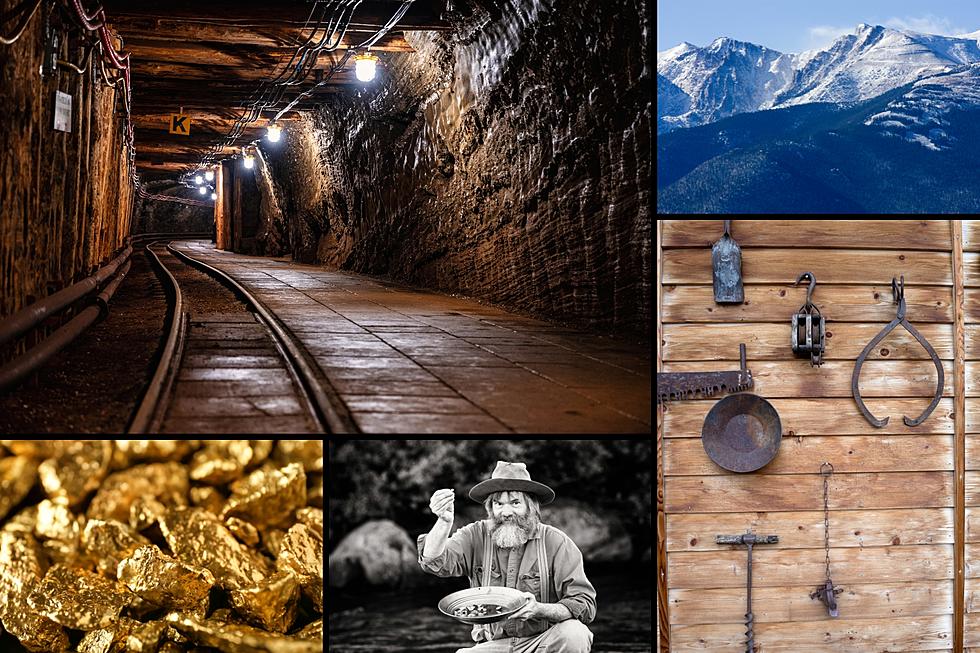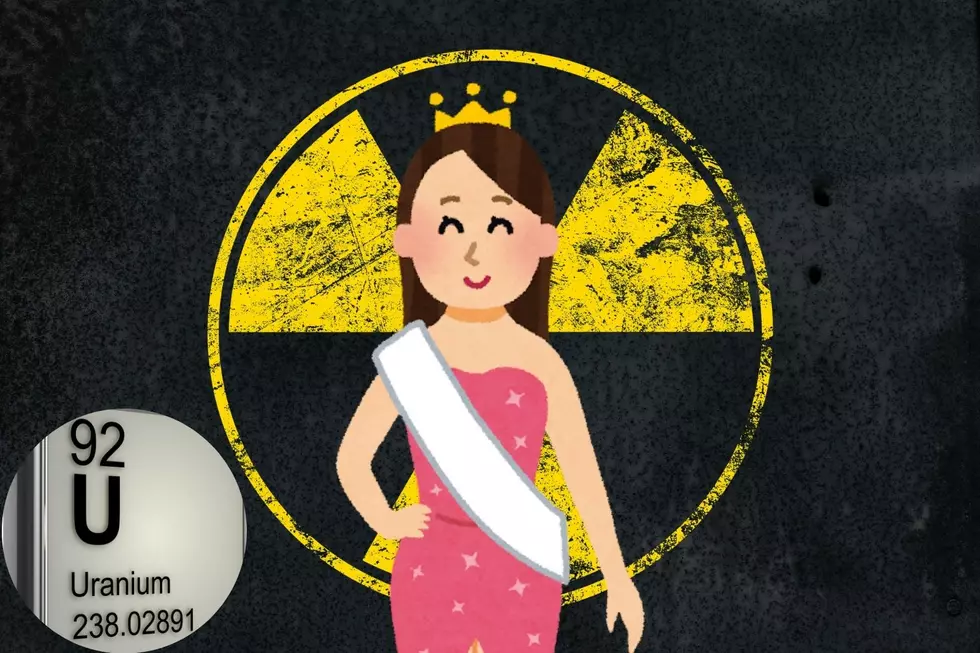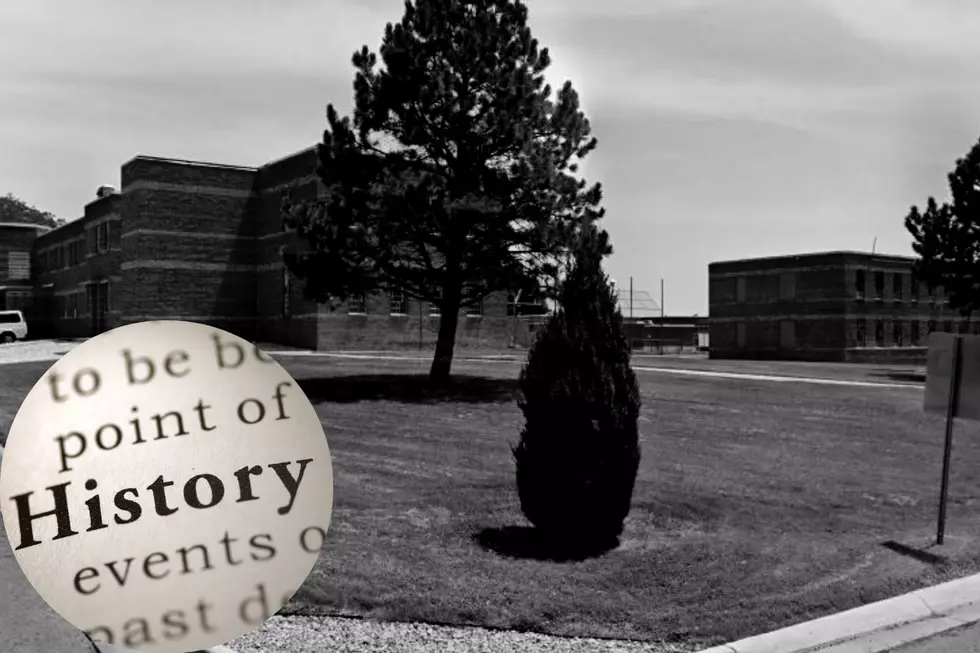
The History of Colorado’s Gold Rush
Have people always been digging for gold in the mountains of Colorado? The simple answer is probably, Yes. Countless tales passed down from Native Americans, the Spanish, Europeans, and early settlers all told of fantastic amounts of silver and gold just waiting to be claimed in the Rocky Mountains.
When exactly did Colorado's gold rush begin? Scroll through the timeline below, and continue on to see some of the tours still in operation today.

Rumors of Gold: 1807 to 1858
Prior to 1850, talk of gold in Colorado remains mysterious. One of the first reports of gold in Colorado is credited to trapper James Purcell who met up with explorer Zebulon M. Pike in Santa Fe in 1807. Purcell showed Pike gold nuggets which he claimed came from the area around Pikes Peak.
The Cherokee made claims of gold in Colorado on their way to California in the 1850s, and in 1857 it was George Simpson who reported gold dust in Cherry Creek.
The Pike's Peak Gold Rush: 1859 - 1861
Word of gold flowing down Cherry Creek brought lots of people to the community of Montana City. These gold-seekers would end up staying a while as Montana City would later be named Denver, Colorado. One of Colorado's earliest discoveries of gold took place near Idaho Springs (west of Denver) in 1859.
Soon after, gold was discovered in Central City and Blackhawk. Prospectors would make the mistake of trying to buy supplies with gold nuggets or gold dust, and soon word would get out about another hot spot. Tales of the population of Central City going from 10 to 10,000 in just a month or two are well documented.
Large amounts of gold were also found in Breckenridge, Colorado in 1859, and by 1960 gold coins were being minted in Denver.
Marble in Colorado: 1873
Marble was discovered outside the town of Marble, Colorado in 1873. The white rocks taken from the mountains in Gunnison county have been used to form structures at the state capital in Denver. Colorado marble is also displayed at the Arlington National Cemetery.
Silver in Colorado: 1879-1880s
Thanks to the U.S. Government's authorization of a large-scale purchase of silver in 1878, miners headed back to the mountains. Many remembered large silver deposits that had been passed up for gold twenty years earlier, mainly because they lacked the smelters to work the silver. Now they could go back. The silver boom lasted until the Sherman Silver Purchase Act was reversed which nearly ruined Colorado's economy.
Mining Made Colorado
The gold and silver rush brought people to Colorado. Mining brought people to Colorado. Mining helped build roads and infrastructure and railroads. Without miners would we have ever had skiers?
Several mines in Colorado are open for tours, and some even allow you to pan for gold. Depending on the mine, you may get to keep what you find. Scroll on to see some Colorado gold mines still in operation today.
KEEP GOING: Check Out 7 Colorado Gold Mining Adventures
MORE: See Inside the Old Hundred Gold Mine in Silverton, Colorado
MORE: See the Remains of the Abandoned Portland Gold Mine in Victor, Colorado
More From 95 Rock









